Current State Of Russian
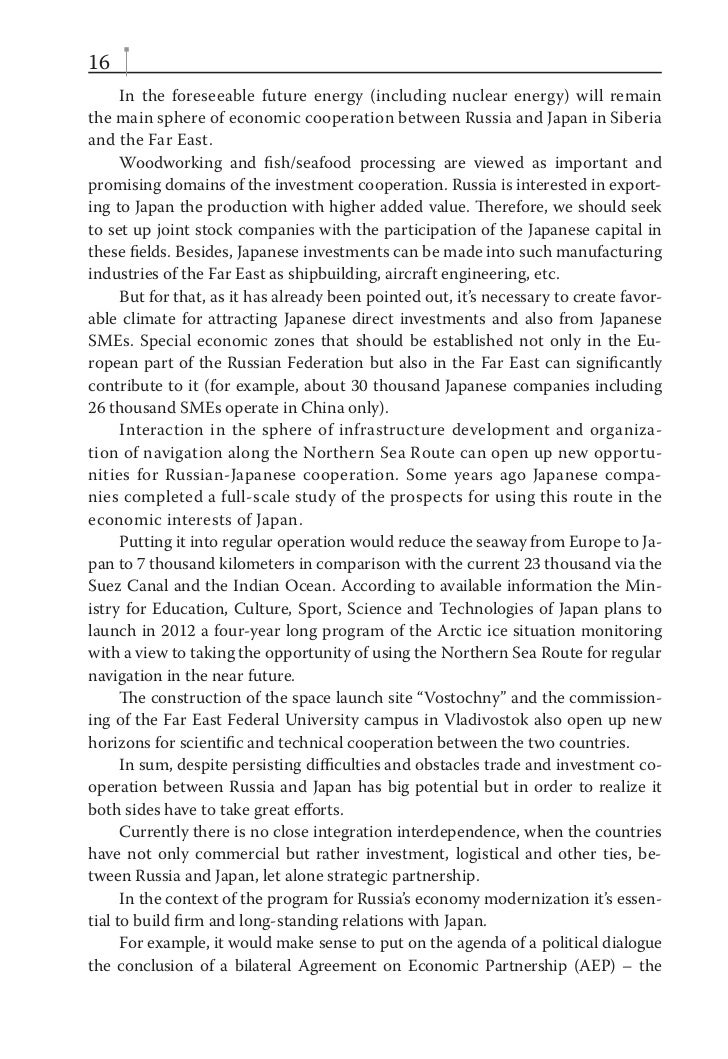
Available information is nicely summarized here: Russia and weapons of mass destruction. It also points out that "the exact number of nuclear weapons in each country’s possession is a closely held national secret." The nuclear arsenals of both Rus
Nov 23, 2017 · China and Russia hold joint military exercises, Sri Lanka’s former leader, Mahinda Rajapaksa, vies for a parliamentary seat and Japan’s economy is expected to shrink The Russian …
As a result, Russia’s economy began to grow again and increased 4.5%, 4.3% and 3.4% in 2010, 2011 and 2012, respectively, before slowing to 1.3% in 2013 and 0.6% in 2014. The Russian economy experienced two major shocks in 2014, narrowly avoiding recession with moderate growth of 0.6%.
Russia is a member of the Council of Europe, OSCE, and APEC. Russia usually takes a leading role in regional organisations such as the CIS, EurAsEC, CSTO, and the SCO. Russia became the 39th member state of the Council of Europe in 1996. In 1998, Russia ratified the European Convention on Human Rights. The legal basis for EU relations with Russia is the Partnership and Cooperation …
Jul 30, 2014 · The Russian economy is currently facing a slowdown due to a lack of investments—the economy, that had begun struggling even before the Ukrainian crises emerged, has seen its …
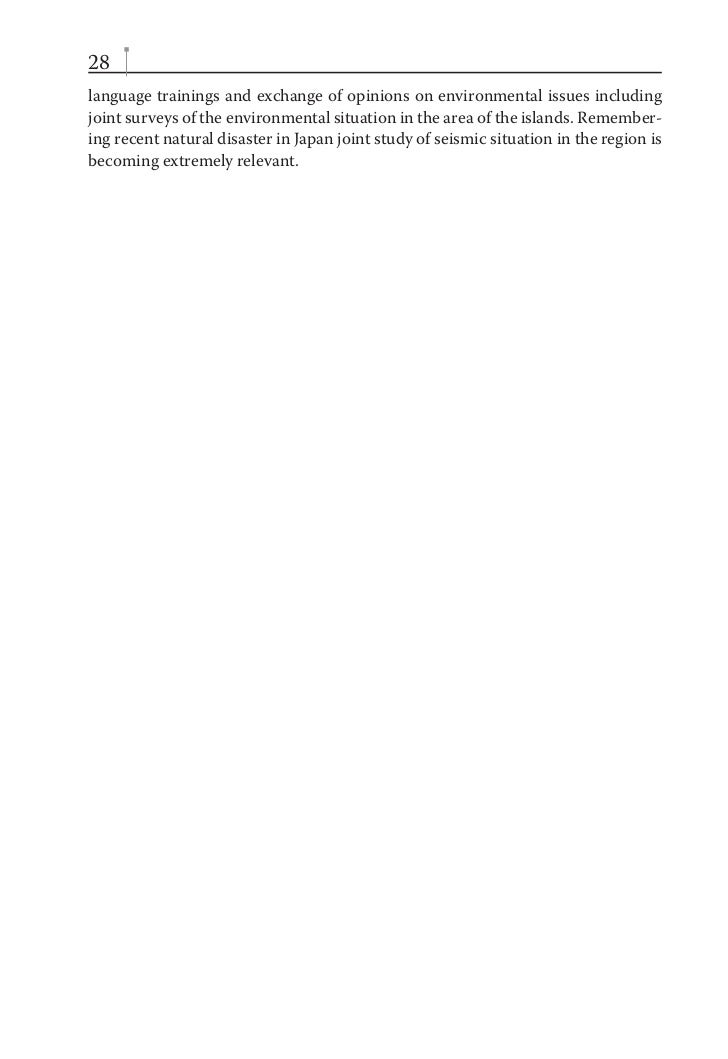
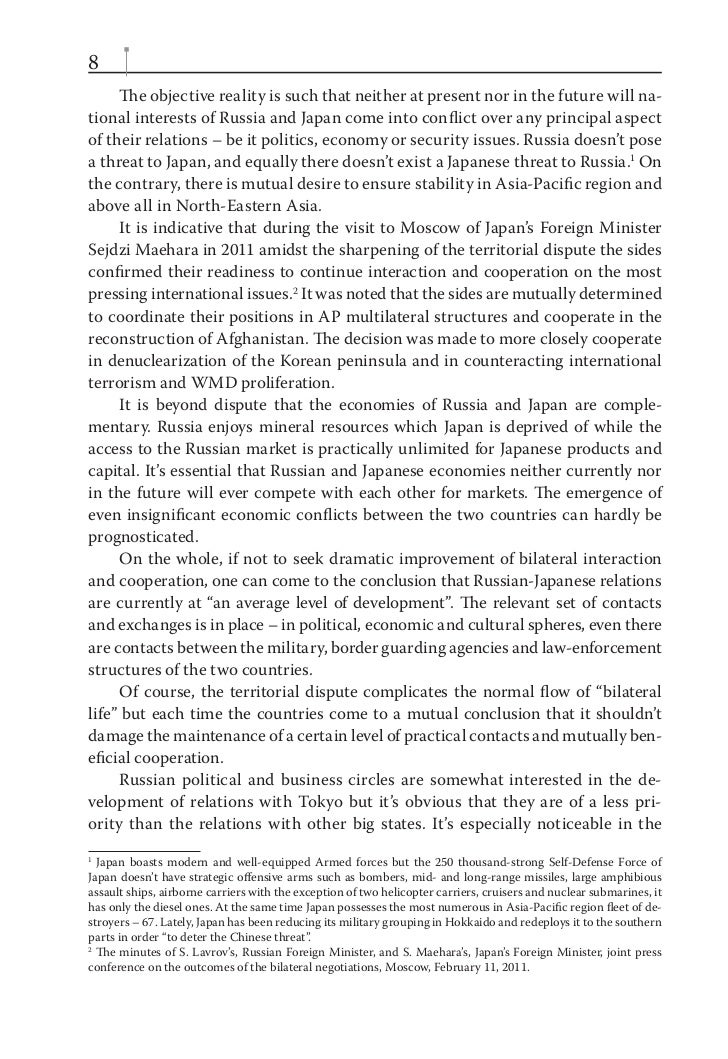


The banking sector’s fundamentals are largely stable, but the share of state-controlled banking assets grew because of the continuing Central Bank clean-up. The share of state-controlled banks in the combined assets of the Russian banking system increased to nearly 70%.
Dec 14, 2015 · MOSCOW – Russia’s economy is faring poorly as the New Year approaches. Gross domestic product has swung back to a level last seen in the first of 2008 and the economy has essentially stagnated
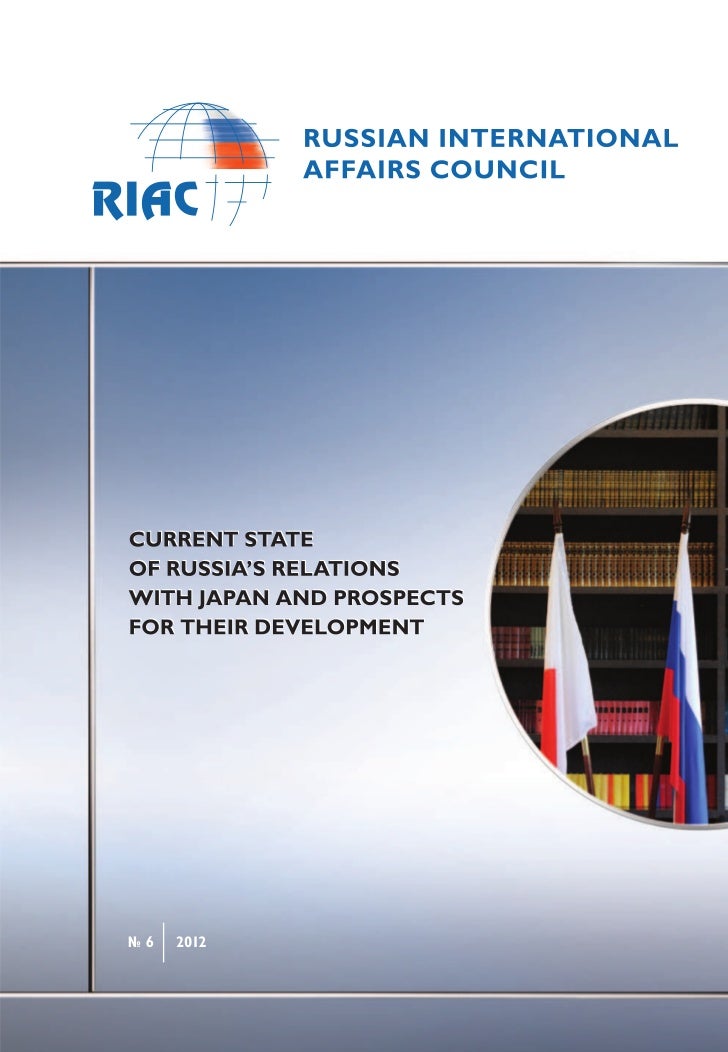
Several members of the international community have expressed grave concerns over the Russian intervention in Ukraine and criticized Russia for its actions in post-revolutionary Ukraine, including the United States, the United Kingdom, France, Germany, Italy, Poland, Canada, Japan, the Netherlands, Norway, South Korea, Georgia, Moldova, Turkey, Australia and the European Union as a whole, …
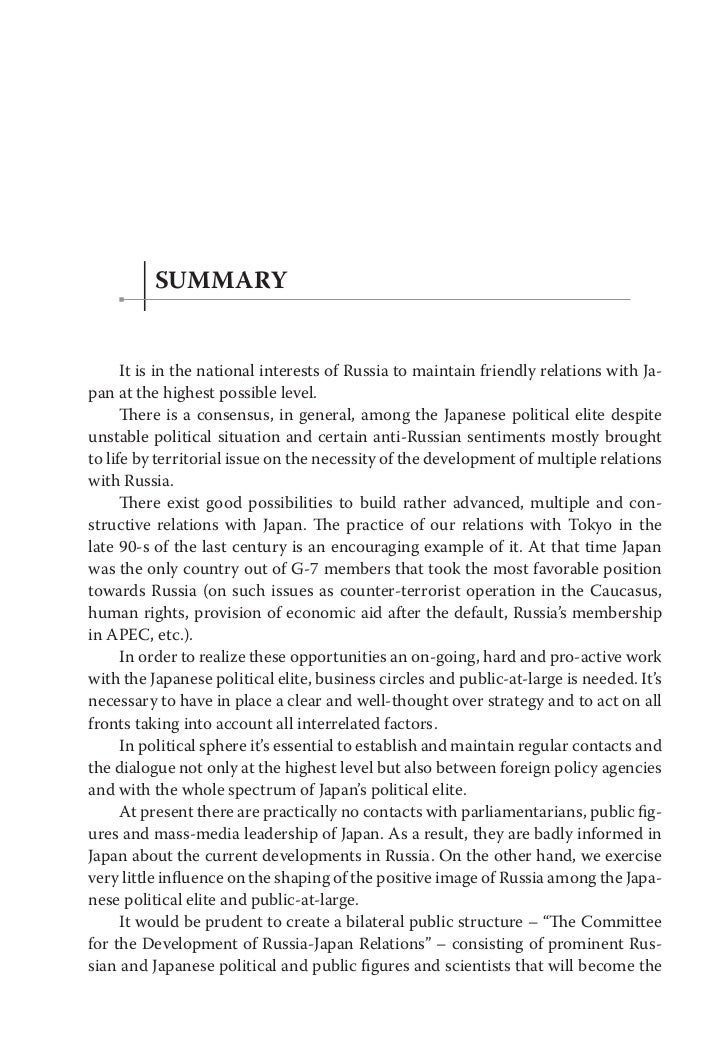
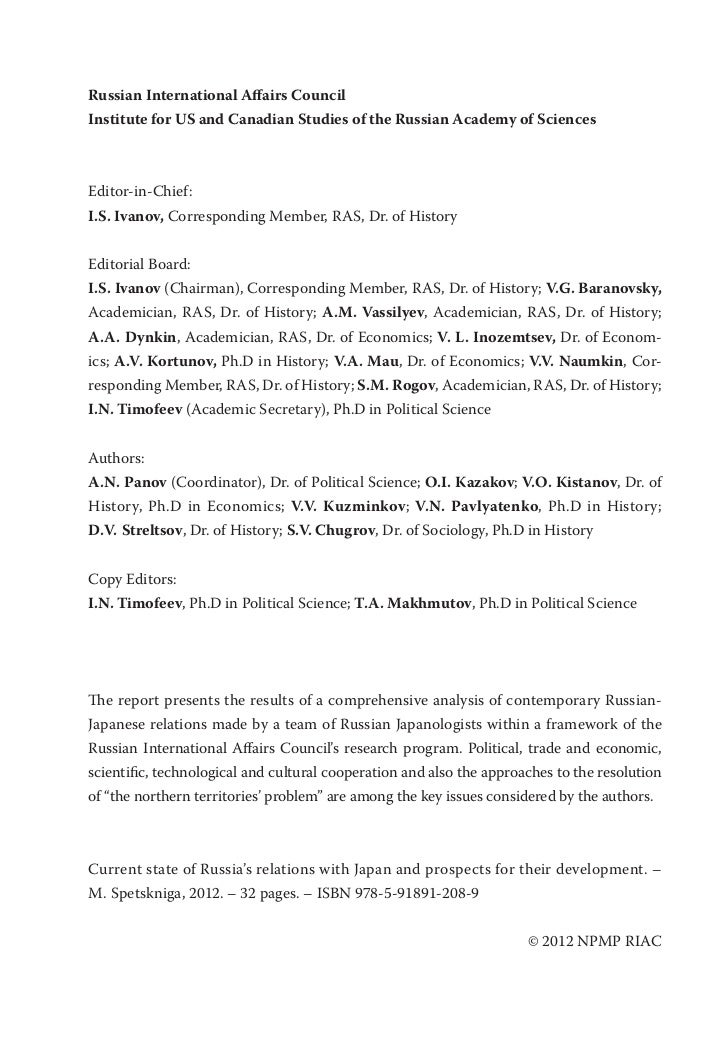
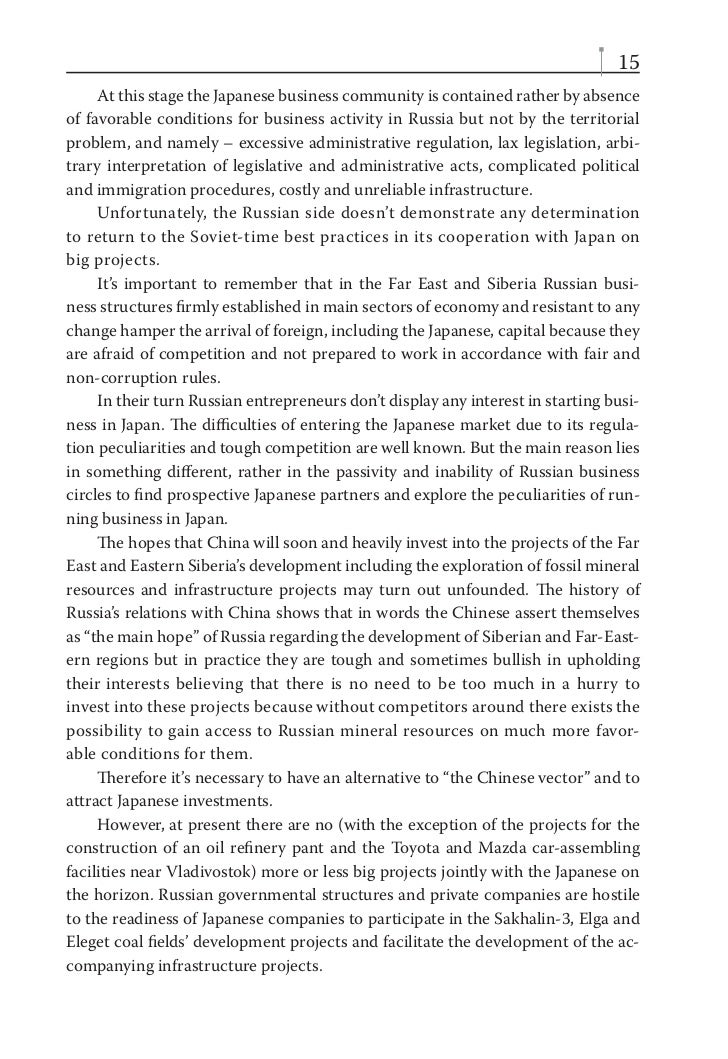

President Bush also announced that the Embassy in Moscow would remain in place as the American Embassy to the Russian Federation. The United States and the Russian Federation established diplomatic relations on December 31, 1991. The United States has long sought a full and constructive relationship with Russia.
The government controls Channel One and Russia One – two of the three main federal channels – while state-controlled energy giant Gazprom owns NTV. TV is the main news source for most Russians.